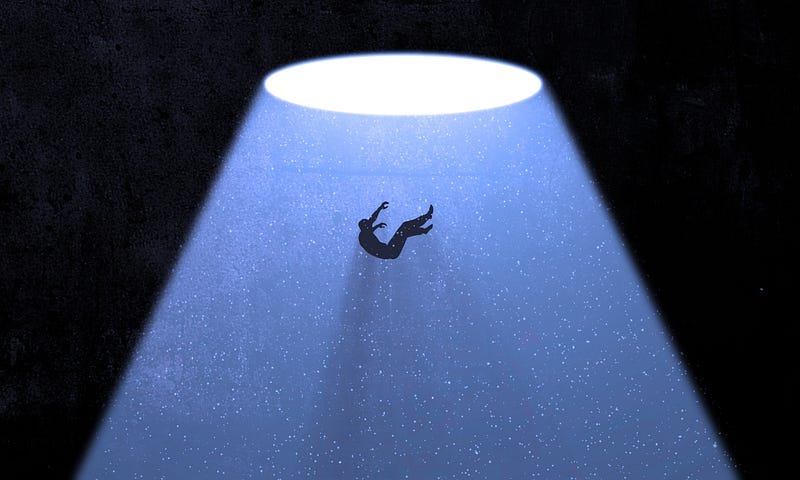Why We Got the Idea of Progress So Terribly Wrong?
Taking a leap forward shouldn’t be seen as a good thing if it brings us closer to annihilation
Keep reading with a 7-day free trial
Subscribe to The Noösphere to keep reading this post and get 7 days of free access to the full post archives.


